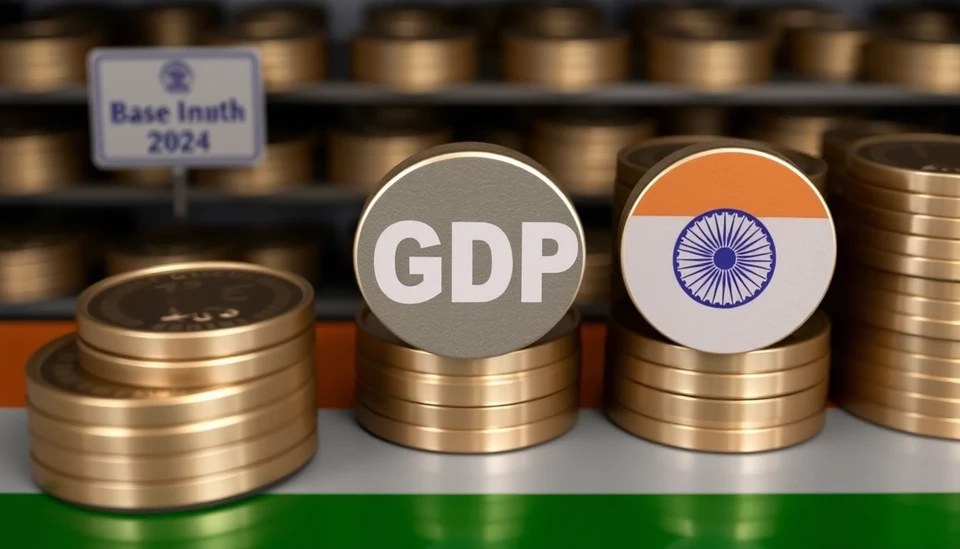
In a significant move aimed at improving the accuracy and relevance of its economic measurements, India has announced that it will update the base year used for calculating its Gross Domestic Product (GDP) from 2011-12 to 2022-23. This decision, which is expected to provide a more accurate reflection of the country's economic activity amidst changing circumstances, marks a critical step in the government's efforts to enhance the country's financial transparency and policy effectiveness.
The update, as stated by India's Statistics Minister, is part of an ongoing commitment to ensure that the country's economic metrics are relevant to current realities. It comes after extensive discussions and recommendations from various stakeholders, including economists, industry leaders, and policy makers, who emphasized the need for a more contemporary basis for measuring GDP to better capture the dynamics of the Indian economy.
By shifting the base year, the government aims to align the national accounts with recent trends and shifts in both domestic and global economic contexts. This new base year adjustment is also expected to lead to a recalibration of key economic indicators, which can influence investment decisions, policy formulations, and social welfare programs.
Economic experts have pointed out that using an outdated base year can significantly distort the perception of real economic growth and may mislead policy responses. They argue that this change is particularly crucial as India aims to achieve its ambitious economic goals and compete more effectively on the global stage.
The reworking of GDP figures will take into account an array of current data, including advancements in technology, changes in consumer preferences, and the growing importance of services in the economy. This holistic approach is expected to yield a more comprehensive picture of the Indian economy, reflecting the substantial changes it has experienced over the past decade.
Moreover, this initiative is part of a broader agenda by the Indian government to enhance the robustness of economic data collection and analysis. It signifies a shift towards more data-driven governance, where accurate metrics are essential for formulating effective economic policies and strategic planning.
As this update takes place, stakeholders across various sectors are keenly observing how these changes will impact economic projections and future policy directions. The recalibrated GDP figures will not only influence domestic economic strategies but may also alter India's standing in global economic rankings.
In conclusion, this strategic update to India's GDP calculation underscores a significant evolution in economic governance, marking a progressive step towards modernizing fiscal measures that can better reflect and respond to the realities of today's economy. Stakeholders from all walks of life will be watching closely to see how these changes will facilitate growth and development in the coming years.
#IndiaGDP #EconomicUpdate #GDPBaseYear #EconomicGrowth #IndiaEconomy
Author: Laura Mitchell
